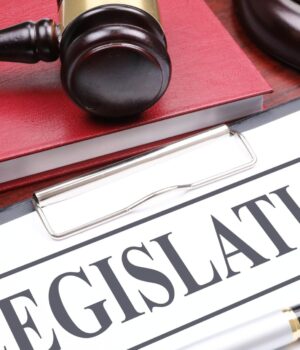by Alexis Barton
Recently in Florida, the Parental Rights in Education bill has created uproar on the state and nationwide levels. The bill, also referred to as the “Don’t Say Gay” Bill, is inspired by other legislation across the country that emphasizes the role of parents in the classroom. Other legislation around the country revolves around the inclusion of parents on curriculum surrounding the teaching of Black history and the inclusion of different books, but this legislation revolves primarily around discussion of the LGBTQ+ community in Florida primary schools.
In addition to the more controversial material, the bill also includes a significant amount of text about the responsibility of teachers to inform parents of any changes in a child’s mental, emotional, or physical wellbeing and take procedures that are in accordance with the parents’ preferences. However, there are other parts of the bill that take away from the well-intended desire for families to be involved in how their children are taken care of at school. The bill will put a ban on discussion surrounding gender identity and sexuality in kindergarten through third grade classrooms. Citing that the content would be “inappropriate” for those age groups, Governor DeSantis claimed that without the bill, schools will begin, “injecting these concepts about choosing your gender” (CBS, 2022). Recent amendments to the bill suggested that teachers should have the responsibility to inform parents if their children chose to come out at school, but has since been removed from the final language.
Activists across the nation have expressed their concern with the bill, claiming that it will most certainly have longlasting effects on LGBTQ+ children. Outrage has reached into the Biden administration, as Secretary Pete Buttigieg said it would increase rates of depression and suicide within the community.
The bill has passed in the Florida House of Representatives and will move into the Senate where similar legislation has been proposed.




